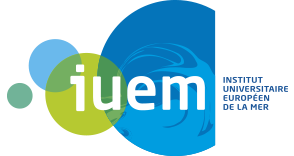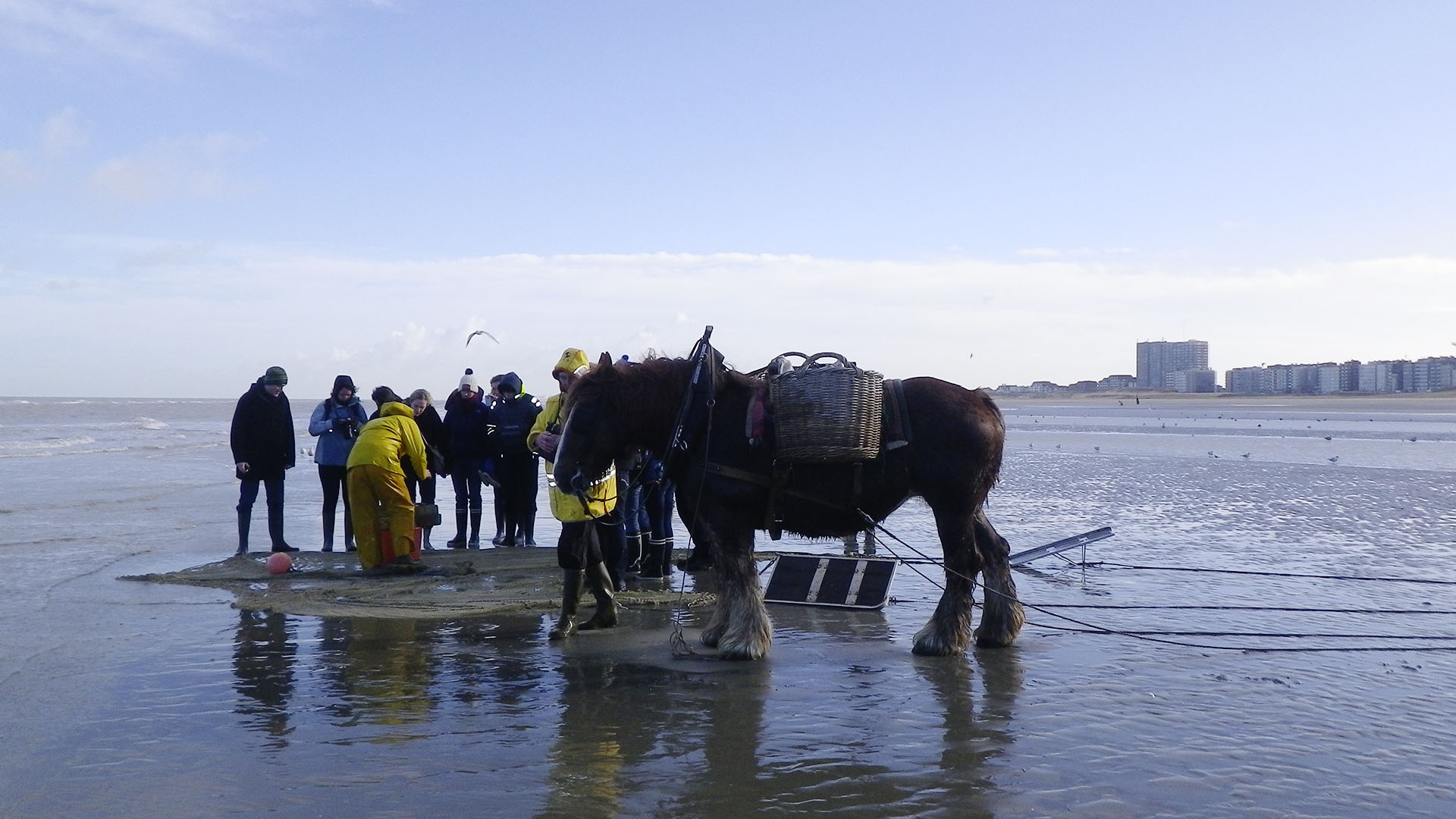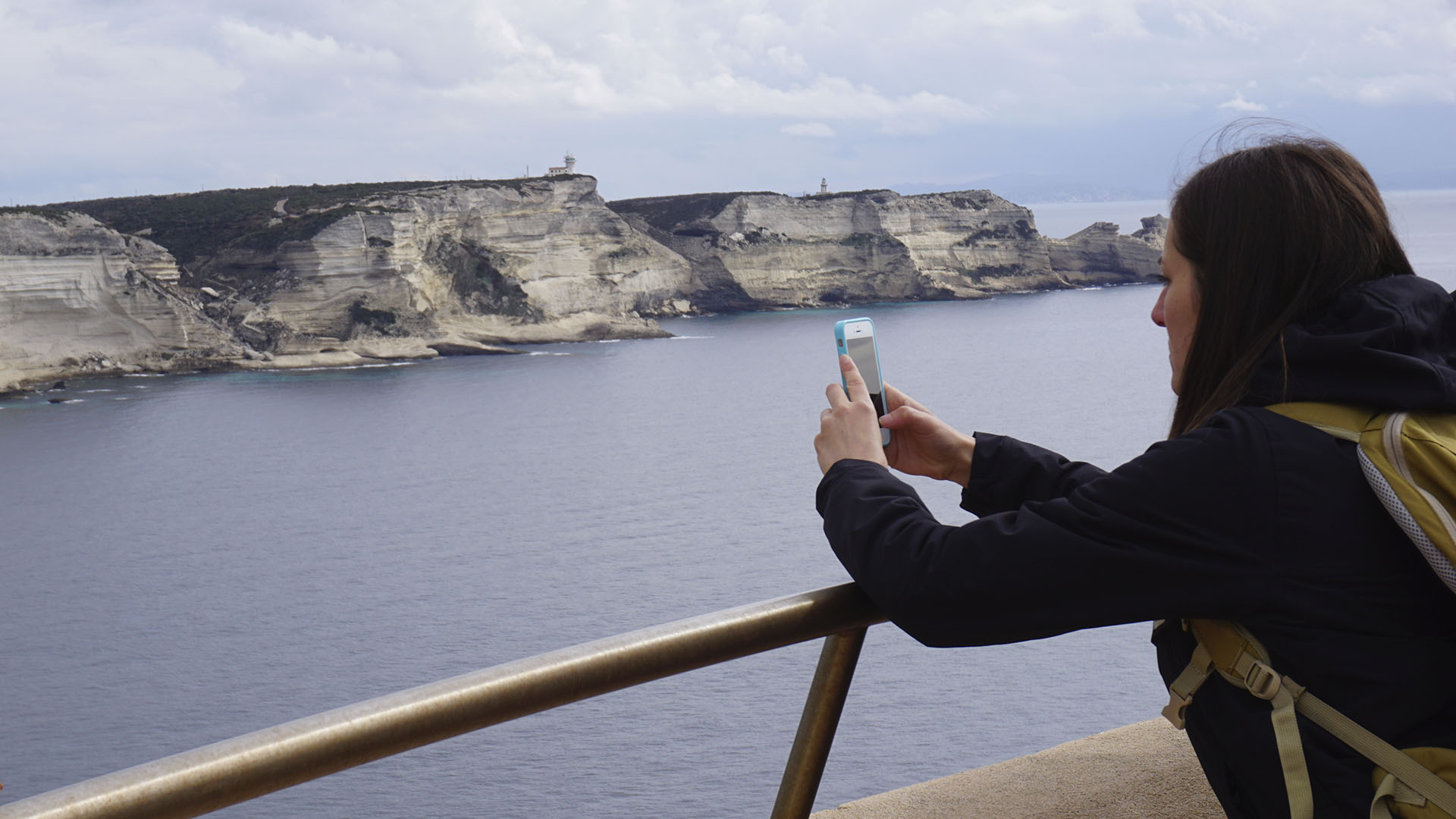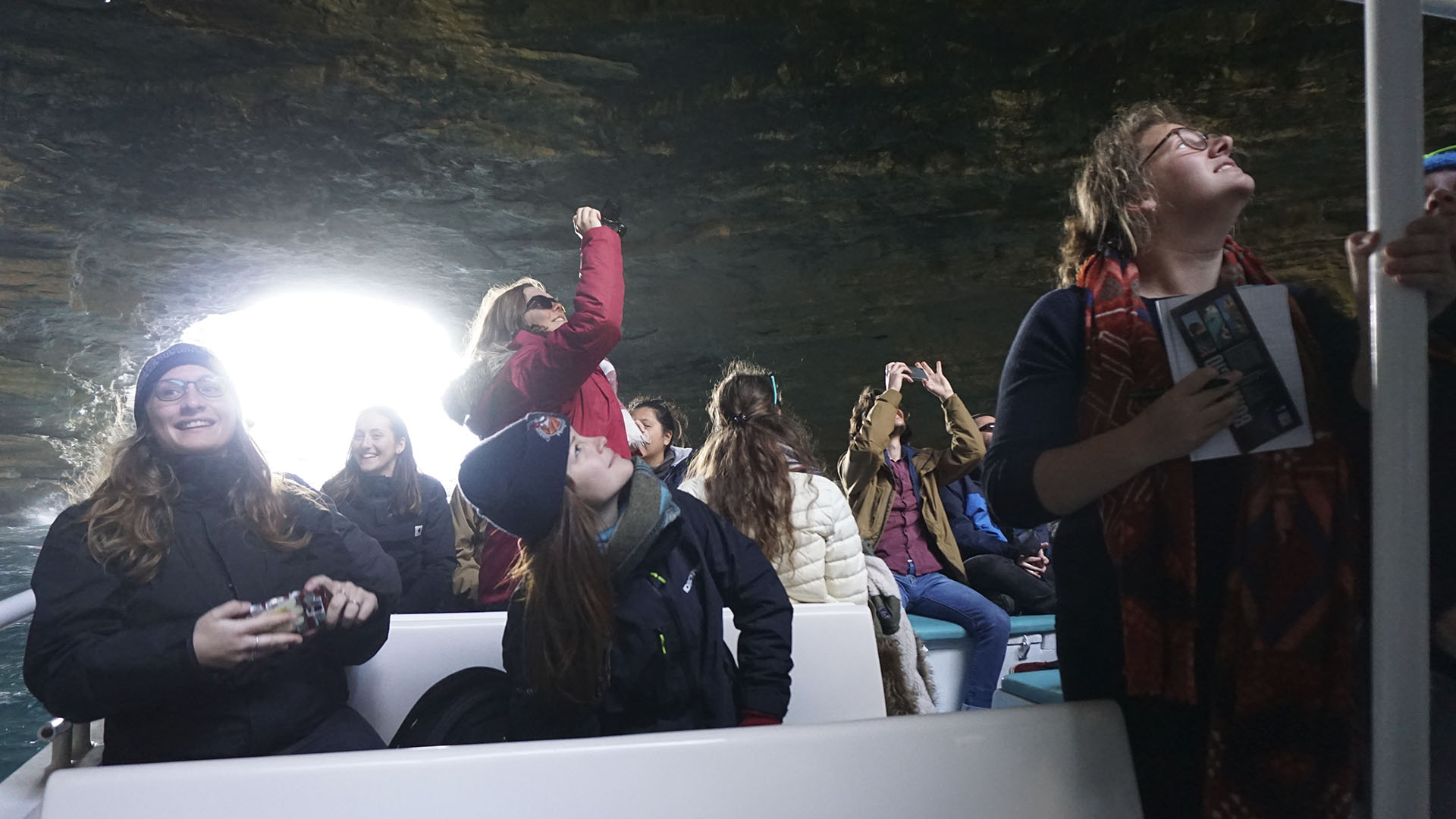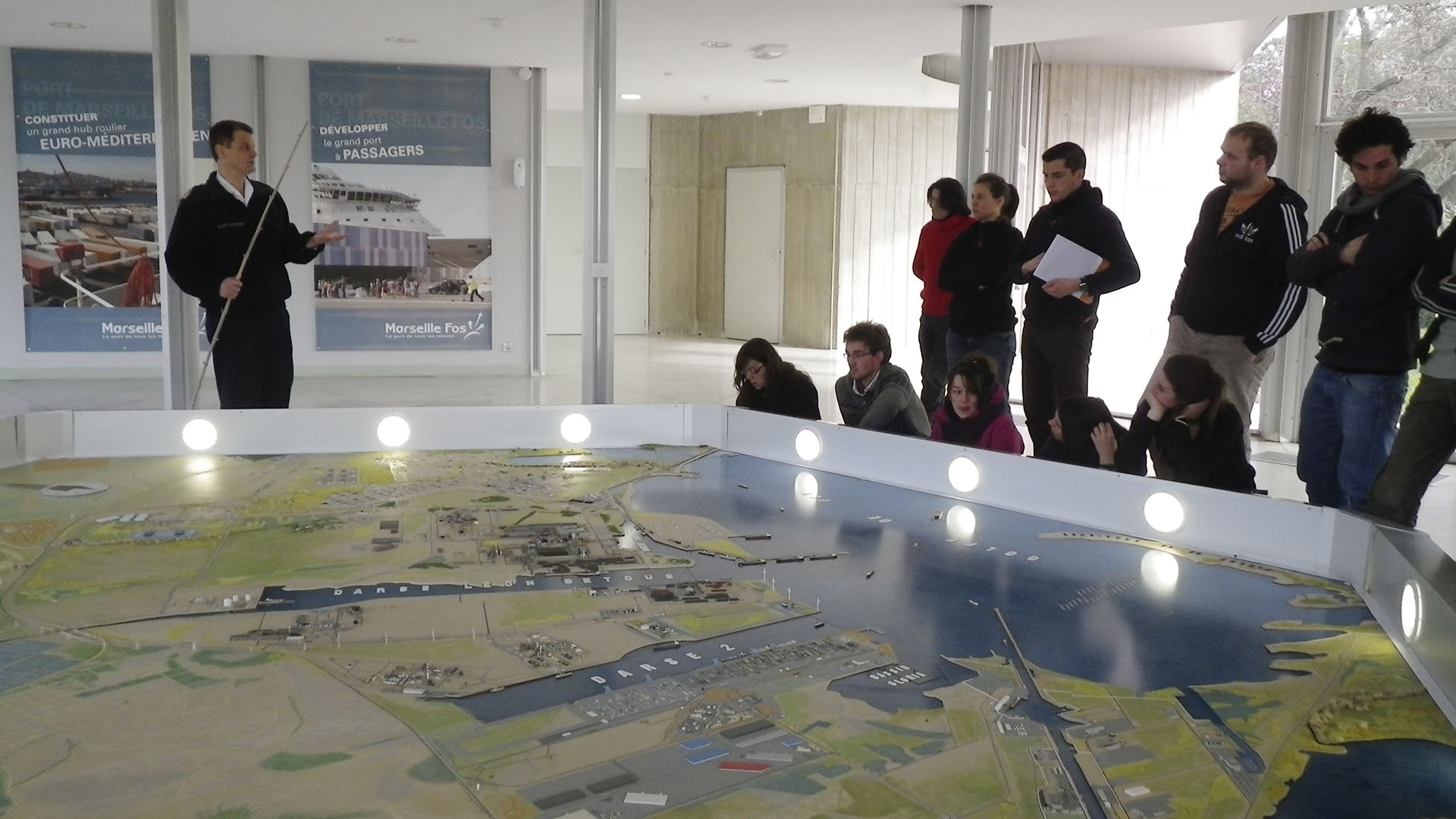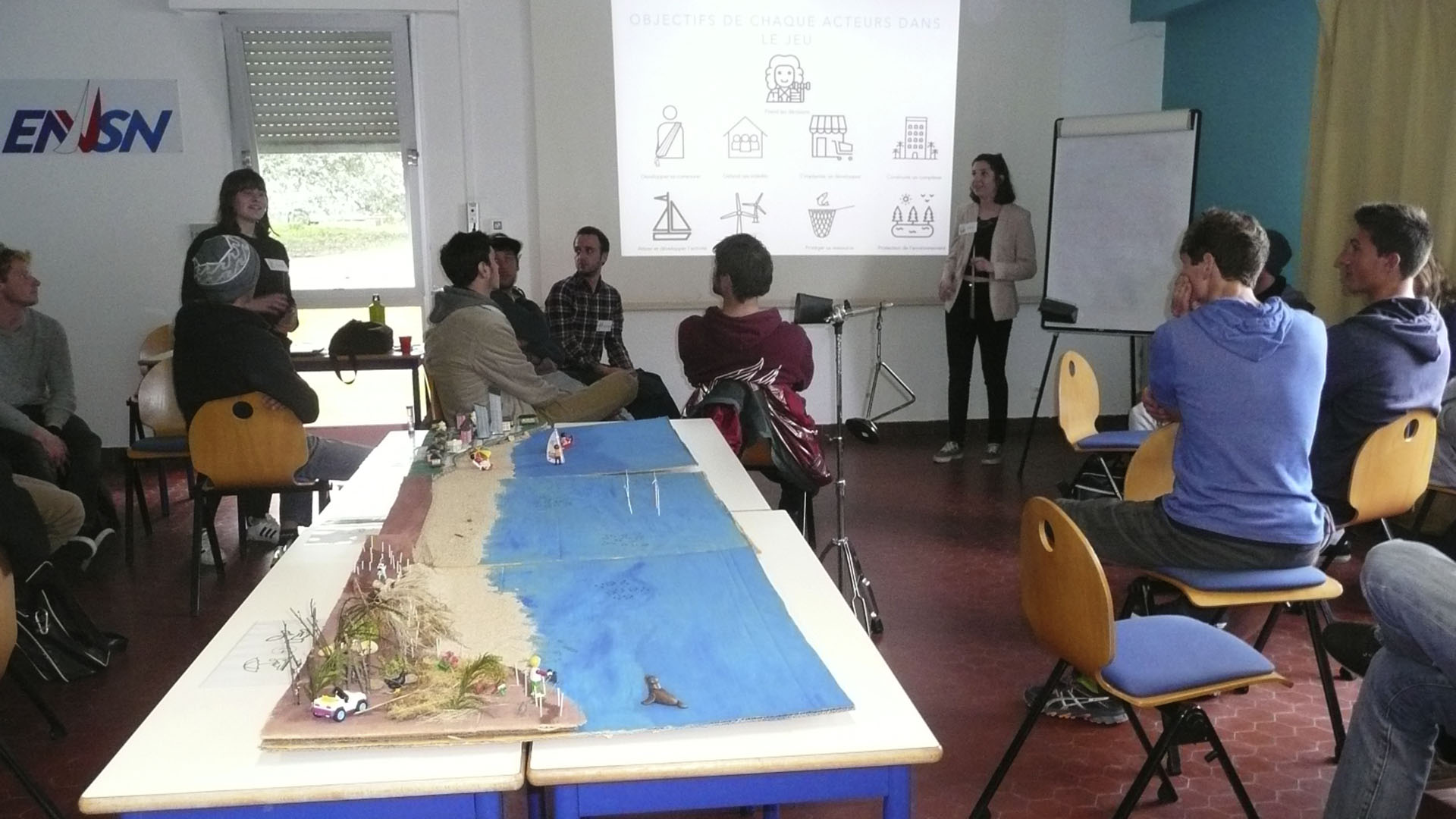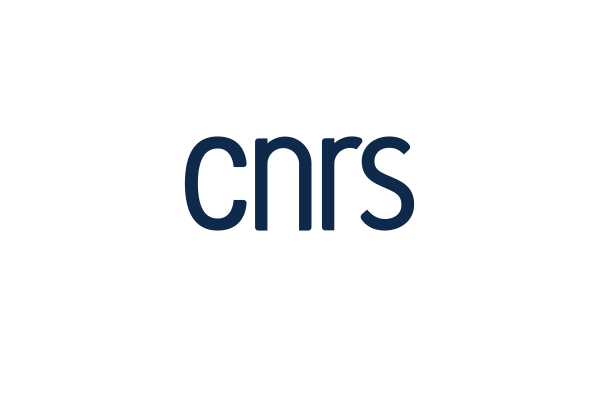SML Master’s degree
EGEL (Expertise and Management of the Coastal Environment) is one of the eight Master’s degrees in the SML field (Marine and Coastal Sciences) at IUEM. Created in 2000, it is, historically, one of the first specialised training courses on coastal and marine environment management in France with a network of more than 500 alumni trained over the last 20 years.
Nationally recognized, EGEL aims to prepare students for careers in planning, environmental engineering and research in the field of coastal and marine management. A multidisciplinary Master’s degree in excellence (geography, planning, biology, ecology, law, economics, chemistry, etc.), it offers a cross-disciplinary approach to the knowledge, understanding and management of coastal and marine issues in a logic of transition and sustainability of territories.
Training course
EGEL- Expertise and management of the coastal environment
Our training is divided into two years.
The first year (M1) is considered as a disciplinary refresher course. It is therefore more focused on the acquisition of knowledge and methodologies. However, this does not prevent students from being in the field on a regular basis (data collection, meetings with stakeholders, boat trips, etc.).
The second year (M2) is more professional, as it is based on numerous applications of knowledge and professional situations: workshops over several months, organisation of round tables, field trips, transplanted classes in the territories to meet the needs of stakeholders, etc.
The course allows students to validate a “research” or “professional” pathway, but the master’s degree is generally applied (especially in M2). At the end of the course, most students enter the job market. However, it should be noted that each year, some students decide to extend their studies by doing a PhD in one of the Institute’s research laboratories.
The professional opportunities at EGEL are very varied: protection and management of coastal and marine heritage; fishing and aquaculture; study, management, restoration of fauna/flora/habitats; management of protected areas (MPAs, reserves, etc.); cartography, geomatics, GIS, database; mediation, awareness-raising, scientific animation; coastal risks (study, prevention); management, coastal development; animation, coordination of sea and coastal public policies; study, management, monitoring of water; energy (especially sustainable energy sources); tourism and sports activities, pollution and waste, etc. (non-exhaustive list).
Contacts
- M1: Gauthier Schaal / Send an e-mail
- M2: Nicolas Le Corre / Send an e-mail
